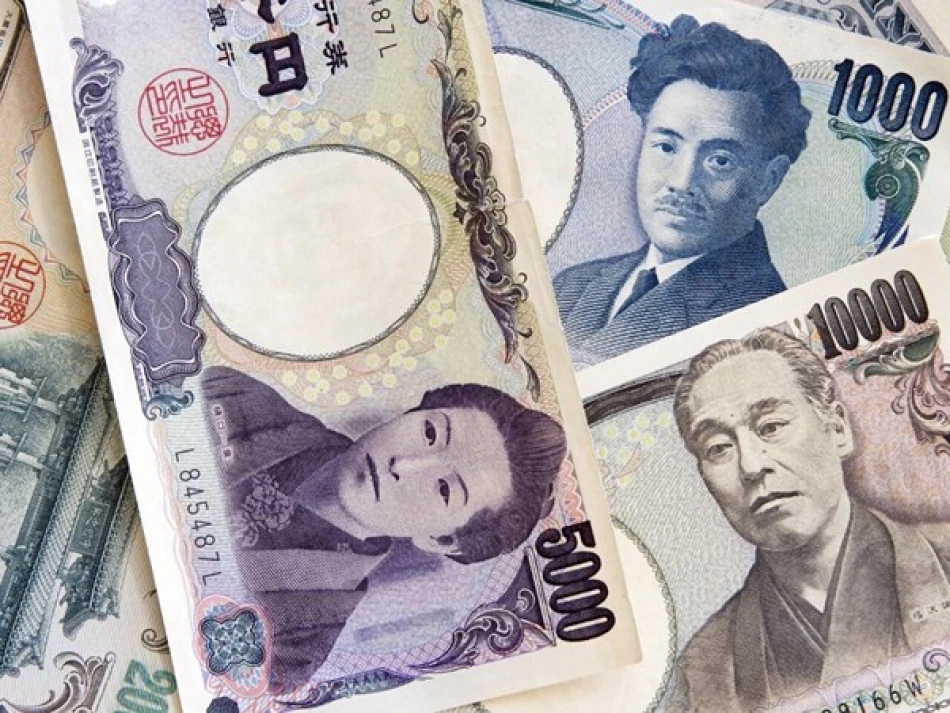
Japanese Yen Plunges to Record Lows Against Euro, Sparking Economic Concerns
The Japanese yen dropped 1.5% against the dollar on Monday morning, marking its biggest single-day decline in five months. This sharp fall erased all the gains the yen made last week and pushed the currency to 149.73 per dollar - a level that puts Japan's central bank intervention plans back in focus.
The yen's weakness wasn't limited to the dollar. It also fell 1.3% against the euro, reaching 175.39 yen per euro. That puts it dangerously close to its lowest level since the euro launched in 1999.
Trading volumes were lighter than usual across Asia, with several markets closed for holidays. But the moves were still significant enough to catch traders' attention. The dollar index, which measures the greenback against major currencies, climbed to 98.073 as it recovered some recent losses.
Here's what makes this interesting: the dollar has been gradually weakening this year as investors try to figure out what President Trump's economic policies will actually mean. His attacks on Federal Reserve independence have added another layer of uncertainty to currency markets.
For Japan, this creates a real problem. The country has been fighting deflation for decades, and a weak yen usually helps by making exports more competitive. But if the yen falls too fast, it can trigger capital flight and force the Bank of Japan to intervene - something they've done before when the currency hit similar levels.
Currency traders are now watching to see if this is just a temporary correction or the start of a bigger move. The 150 yen per dollar level has historically been a red line for Japanese officials. Getting close to that number again puts pressure on policymakers to either intervene directly in markets or signal they're ready to do so.
The timing matters too. With Trump's trade policies still taking shape and the Fed's rate path uncertain, currency volatility could pick up in the coming weeks. That makes the yen's next moves crucial for both Japanese exporters and global investors looking for safe-haven assets.
Most Viewed News

 Layla Al Mansoori
Layla Al Mansoori






